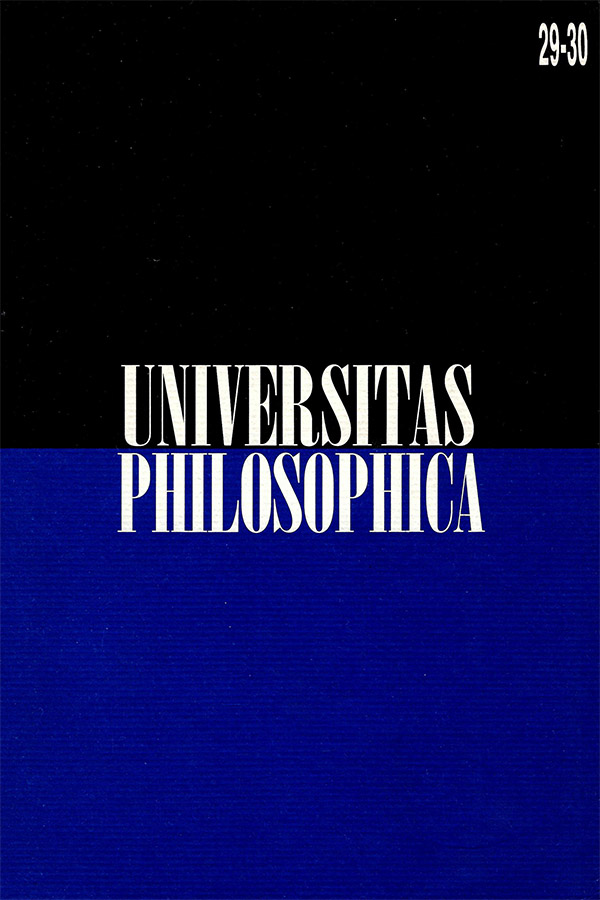Abstract
This paper discusses Martha Craven Nussbaum's position in The Fragility of Goodness regarding Isaac's sacrifice (Genesis 22), as compared to Ifigenia's in Aeschylus's Agamemnon. The discussion is developed under two perspectives. In the first place, Aristotle's central elements of the prudent deliberation are brought out, in order to examine if they are present in Abraham's accounts. Secondly, Nussbaum's critique to monotheistic faith –based upon an irrational way of inscrutable authority that imposes and supports inhuman rules– opens us to a question: what does the biblical God provide for ethical requirements? In order to answer this point, sacrifices in the Old Testament are examined under the light of Franz Hinkelammert and René Girard's analysis. The conclusion of the paper is that the question regarding the biblical God is intimately linked to that regarding one's responsability towards another person's life when confronted with deities that promote violente.
This journal is registered under a Creative Commons Attribution 4.0 International Public License. Thus, this work may be reproduced, distributed, and publicly shared in digital format, as long as the names of the authors and Pontificia Universidad Javeriana are acknowledged. Others are allowed to quote, adapt, transform, auto-archive, republish, and create based on this material, for any purpose (even commercial ones), provided the authorship is duly acknowledged, a link to the original work is provided, and it is specified if changes have been made. Pontificia Universidad Javeriana does not hold the rights of published works and the authors are solely responsible for the contents of their works; they keep the moral, intellectual, privacy, and publicity rights.
Approving the intervention of the work (review, copy-editing, translation, layout) and the following outreach, are granted through an use license and not through an assignment of rights. This means the journal and Pontificia Universidad Javeriana cannot be held responsible for any ethical malpractice by the authors. As a consequence of the protection granted by the use license, the journal is not required to publish recantations or modify information already published, unless the errata stems from the editorial management process. Publishing contents in this journal does not generate royalties for contributors.


